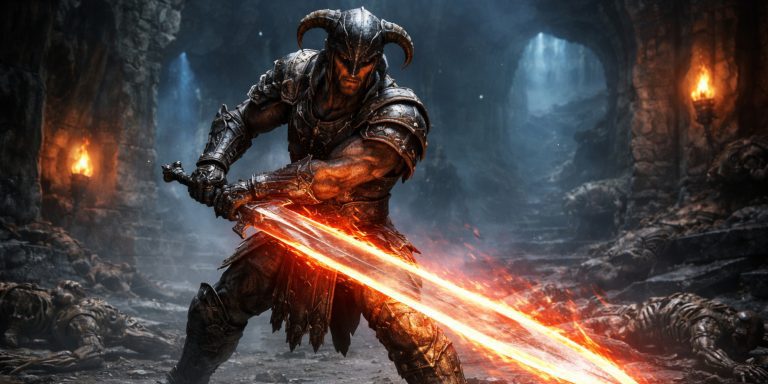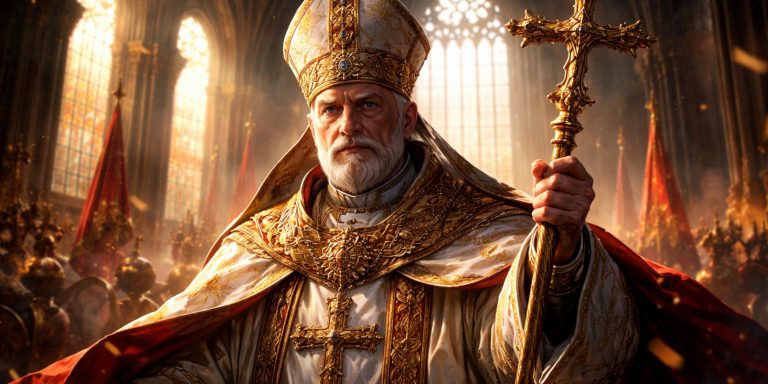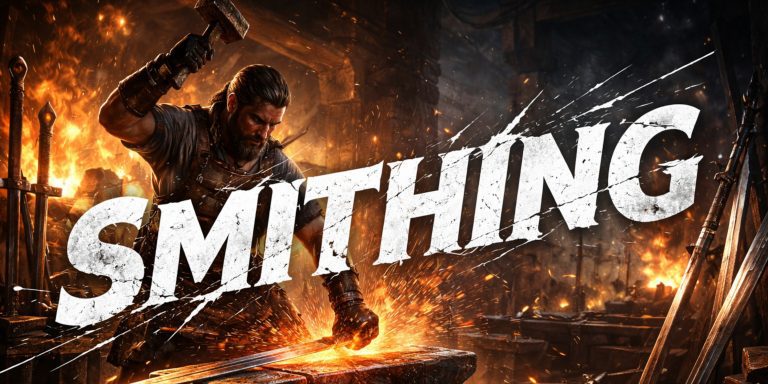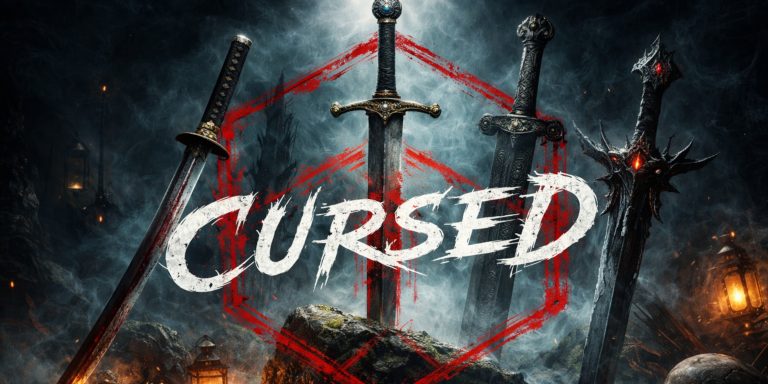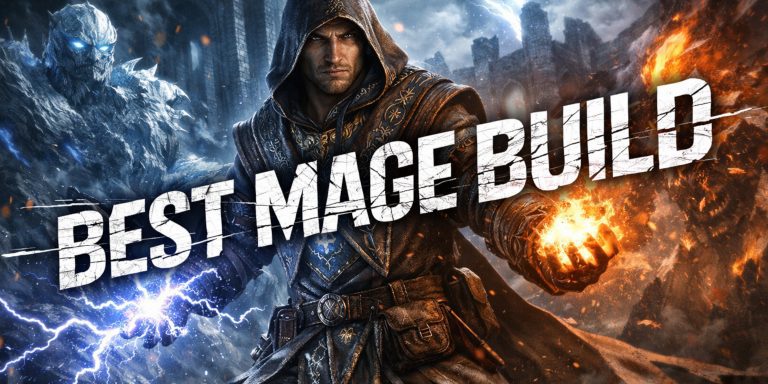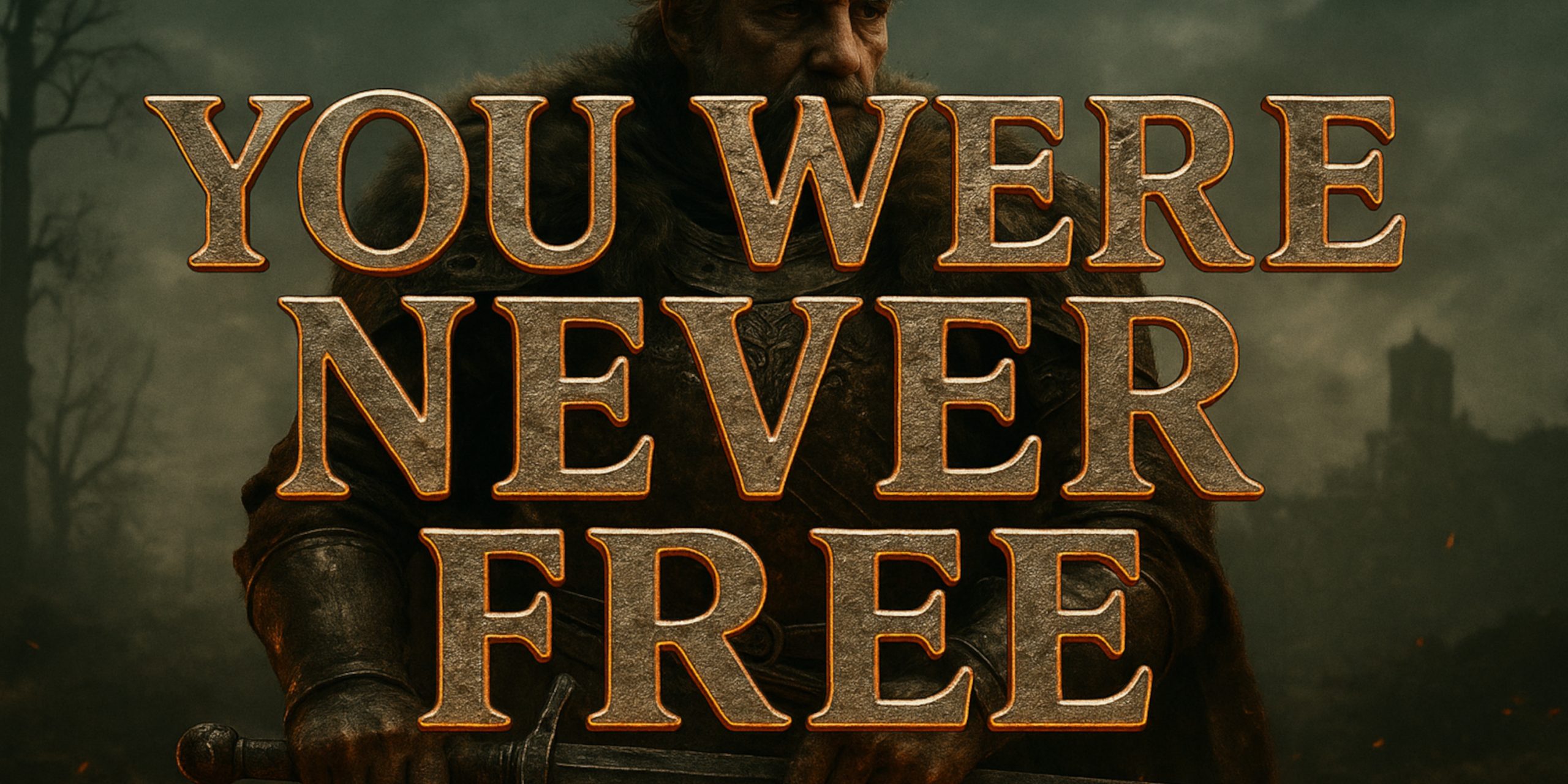
In Elden Ring, everyone seems to be fighting for power, purpose, or penance. But behind all the glowing runes and majestic armour, there’s one silent puppeteer pulling the strings, the Greater Will. You start off as a humble Tarnished, told that fate and grace have chosen you. Sounds noble, right? Until you realise you’re basically a pawn in a divine scam run by a celestial bureaucracy that doesn’t even exist in your realm.
So let’s break it down. Who or what is the Greater Will, and how exactly does it manipulate the Tarnished into doing its dirty work?
The Greater Will: A Cosmic Bureaucrat
The Greater Will isn’t some benevolent god sitting on a throne of light. It’s an Outer God, a distant cosmic intelligence with its own cold, unknowable agenda. It doesn’t live in the Lands Between, it operates from beyond, sending its will through intermediaries like the Two Fingers.
It’s not about love, destiny, or even balance. The Greater Will is more like a cosmic administrator ensuring its version of order stays in place. And if a few thousand people die horribly along the way, well, that’s just efficient management.
The Role of the Two Fingers
The Two Fingers serve as the Greater Will’s mouthpiece, or maybe its creepy HR department. They interpret divine intent for mortals, guiding the Tarnished with gestures and cryptic nonsense. The Roundtable Hold treats them as holy, but really, they’re translators of an alien being whose goals are conveniently vague.
When they tell you to mend the Elden Ring, they’re not asking you to bring peace. They’re re-establishing the Greater Will’s control after it was weakened by Marika’s rebellion. Every step you take to “restore order” is actually tightening the leash.
The Tarnished: Tools of Grace
The Tarnished are the perfect workers for this plan. Cast out long ago, they’ve been branded with a fragment of grace that draws them back to the Lands Between. It’s sold as redemption, “you’ve been chosen, you’re special!” , but in reality, grace functions like a tracking beacon.
That little golden shimmer isn’t a blessing, it’s a homing signal leading you toward the Greater Will’s objectives. Every boss you defeat, every shard you collect, it’s all funneling power back into a system that exists to perpetuate divine control.
Marika’s Rebellion and the Cycle of Control
Queen Marika saw through it. She realised the Greater Will didn’t offer true freedom, only subservience wrapped in gold. Her act of shattering the Elden Ring wasn’t madness, it was defiance. Yet the Greater Will responded the only way it knows how, by sending more pawns.
You, the Tarnished, arrive as the perfect fixer. You’re not part of the old system, but you’re desperate for meaning. You think you’re carving your own path, but your every move re-establishes the very hierarchy Marika tried to destroy.
The False Choice of Endings
Even at the game’s end, the Greater Will’s manipulation lingers. Becoming Elden Lord? You’re reinstating its dominion. Choosing Ranni’s Age of Stars? You’re swapping one cosmic overlord for another. The game’s genius lies in how it lets you feel powerful while reminding you that even gods can be puppets.
There’s no true “good” ending in Elden Ring, only different forms of servitude or escape. The Greater Will doesn’t care which path you take as long as the cycle of divine control continues in some form.
Seven Swords Takeaway
The Greater Will isn’t evil in the cartoon sense. It’s indifferent, operating on a scale where human suffering doesn’t even register. That’s what makes it so haunting. The Tarnished’s journey, your journey, is one of agency constantly undermined by divine manipulation.
You think you’re breaking free, but you’re really walking the road the Greater Will paved long before you rose from your grave. It’s not grace guiding you. It’s gravity, the pull of a god that never asked for your worship, just your obedience.

